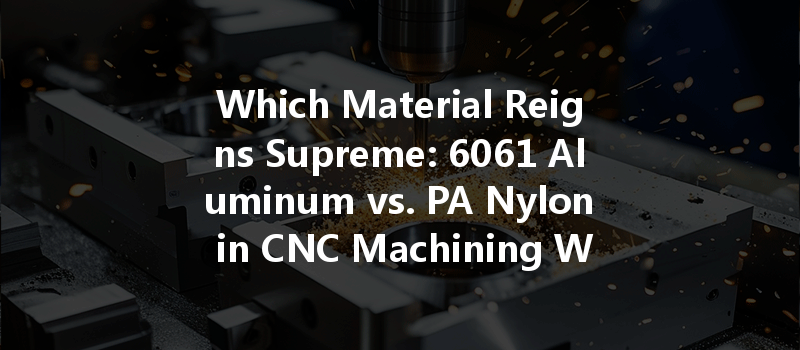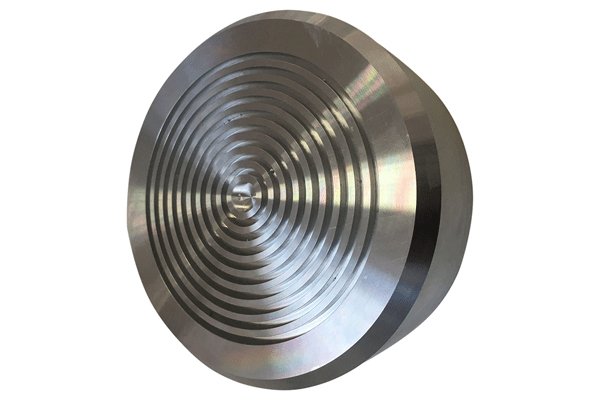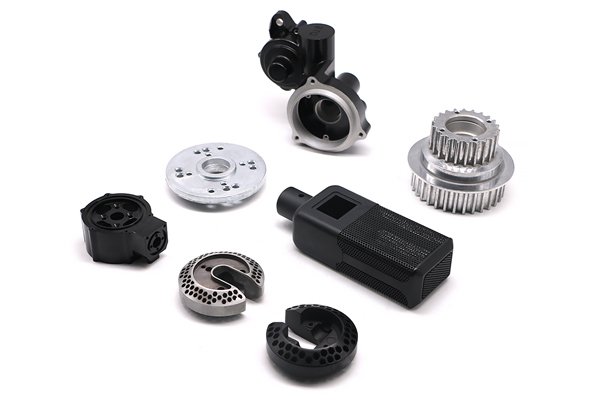In a world that increasingly relies on precision engineering and rapid prototyping, CNC machining has emerged as the backbone of manufacturing processes that demand accuracy and reliability. Whether you’re crafting intricate automotive parts, robust aerospace components, or custom consumer products, selecting the right materials and processes can mean the difference between success and failure. As a devoted reader of our blog, you are invited to embark on a comprehensive journey into the realm of CNC machining with YL Machining as your guiding companion.
As you delve into the following sections, we will explore the advancements in CNC technology, the crucial considerations for material selection, and the innovative solutions that YL Machining brings to the table. By the end of this article, you will be equipped with invaluable insights to make informed decisions and elevate your manufacturing pursuits to unparalleled heights.
Understanding CNC Machining: A Brief Overview
CNC (Computer Numerical Control) machining refers to the process of using computer software to control machine tools. This technology allows for precise cuts, patterns, and fabrication of various materials, including metals, plastics, composites, and wood. The CNC machining process is employed in industries ranging from aerospace to healthcare, demonstrating its versatility and essential role in modern manufacturing.
Material Selection: The Heart of CNC Machining
One of the most critical decisions in CNC machining is selecting the right material. Each material has unique properties that influence machinability, performance, and cost. Let’s explore some common materials used in CNC machining:
Aluminum is a favored choice in the CNC machining domain due to its lightweight, high strength-to-weight ratio, and excellent corrosion resistance.
Steel remains a go-to material for components requiring high strength and durability.
Renowned for its exceptional strength-to-weight ratio and corrosion resistance, titanium is used in demanding environments such as aerospace and medical applications. However, its machinability challenges require specialized tools and techniques.

Plastics such as ABS and Nylon are popular for their lightweight and cost-effectiveness. However, they require different machining techniques compared to metals.
Carbon and fiberglass-reinforced composites are increasingly used in industries that prioritize strength and weight savings, such as automotive and aerospace.
Advancements in CNC Machining Techniques
As technology continues to evolve, several advancements in CNC machining techniques have emerged that improve efficiency, accuracy, and material utilization.
Traditional CNC machines typically operate on 3 axes (X, Y, and Z). However, advancements allow for 4-axis and even 5-axis machining, enabling the production of complex geometries without requiring multiple setups.
The combination of CNC machining with additive manufacturing (3D printing) technology allows for the creation of intricate designs that would be difficult to achieve through traditional machining alone. This hybrid approach results in reduced material waste and enhanced design flexibility.
The introduction of AI and IoT technologies has led to smarter CNC machining processes. Real-time monitoring and data analytics enhance predictive maintenance, reduce downtime, and optimize performance.
Cost Considerations in CNC Machining
Understanding the cost factors associated with CNC machining is essential for project budgeting and profitability. Here are the key elements to consider:
The YL Machining Advantage
At YL Machining, we pride ourselves on our commitment to quality, precision, and customer satisfaction. Our advanced CNC machining capabilities and expertise in material selection allow us to meet the diverse needs of our clients across various industries.
Our Key Offerings:
Case Studies: Success Stories from YL Machining
: Your CNC Machining Partner
As you navigate the intricacies of CNC machining, remember that material selection, machining techniques, and cost considerations must align with your project goals. At YL Machining, we stand ready to partner with you, leveraging our expertise and advanced technology to bring your ideas to life. Together, we can harness the power of precision and creativity, transforming your visions into reality.
We invite you to join us on this journey of innovation and excellence. Reach out today to explore how YL Machining can elevate your manufacturing processes and drive your success in the competitive landscape of modern industry.






